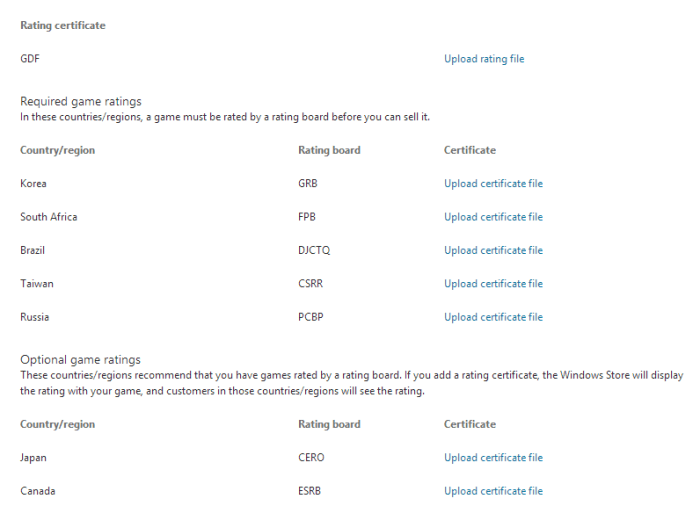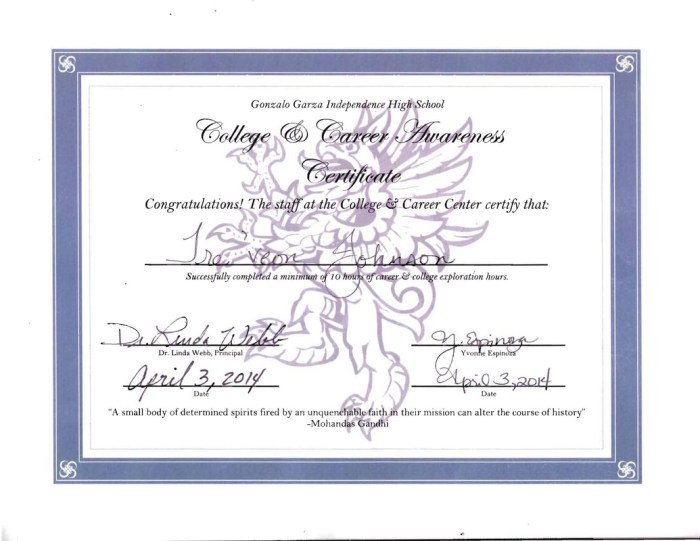A certifying officer’s certification attests to the legality of a document, carrying significant legal implications and consequences. Understanding the role, process, authority, and best practices associated with this certification is crucial for ensuring the validity and authenticity of documents.
This comprehensive guide explores the intricacies of a certifying officer’s certification, providing valuable insights for individuals seeking to obtain or utilize this important legal tool.
Legality Verification

A certifying officer’s certification serves as an official attestation to the legality of a document. It verifies that the document complies with all applicable laws and regulations, ensuring its authenticity and validity.
A false certification can have severe legal implications, including criminal charges, civil penalties, and damage to reputation. Certifying officers are held accountable for the accuracy and validity of their certifications.
Certification Process
Obtaining a certifying officer’s certification involves several steps:
- Submission of a request to the certifying officer
- Provision of the document to be certified
- Verification of the document’s authenticity and legality
- Issuance of the certification
The required documentation and evidence may vary depending on the type of document and the jurisdiction.
Authority and Scope
The scope of authority of a certifying officer is limited to the specific jurisdiction or area of law for which they are appointed. Their certifications are not valid outside their jurisdiction or area of expertise.
There may be exceptions or limitations to a certifying officer’s certification power, such as:
- Documents that are inherently illegal or fraudulent
- Documents that are outside the officer’s jurisdiction or area of expertise
Due Diligence
Certifying officers have a duty of due diligence to ensure the accuracy and validity of their certifications. This includes:
- Verifying the identity of the person requesting the certification
- Examining the document carefully for any signs of forgery or alteration
- Consulting with legal counsel or other experts as necessary
Best Practices
To obtain and use a certifying officer’s certification effectively, consider the following best practices:
- Choose a certifying officer with the appropriate authority and expertise
- Provide all necessary documentation and evidence
- Review the certification carefully before using it
- Keep a record of the certification for future reference
International Considerations, A certifying officer’s certification attests to the legality
The recognition and acceptance of certifying officer’s certifications vary across jurisdictions. It is essential to check the specific requirements of the country or region where the certification will be used.
Some countries may have reciprocal agreements that recognize the certifications of officers from other jurisdictions. However, it is always advisable to verify the specific requirements before relying on a foreign certification.
Questions and Answers: A Certifying Officer’s Certification Attests To The Legality
What is the significance of a certifying officer’s certification?
A certifying officer’s certification attests to the legality of a document, indicating that the document is genuine, authentic, and has been executed in accordance with legal requirements.
What are the consequences of a false certification by a certifying officer?
False certification can result in serious legal consequences, including criminal prosecution, civil liability, and damage to the reputation of the certifying officer and the organization they represent.
What steps are involved in obtaining a certifying officer’s certification?
The process of obtaining a certifying officer’s certification typically involves meeting specific eligibility criteria, completing a training program, and passing an examination.
What is the scope of authority of a certifying officer?
The scope of authority of a certifying officer is determined by the jurisdiction in which they are appointed and the specific laws and regulations governing their role.
What are the best practices for obtaining and using a certifying officer’s certification?
Best practices include verifying the identity of the individual requesting the certification, ensuring the accuracy and completeness of the document, and maintaining a record of all certifications issued.

